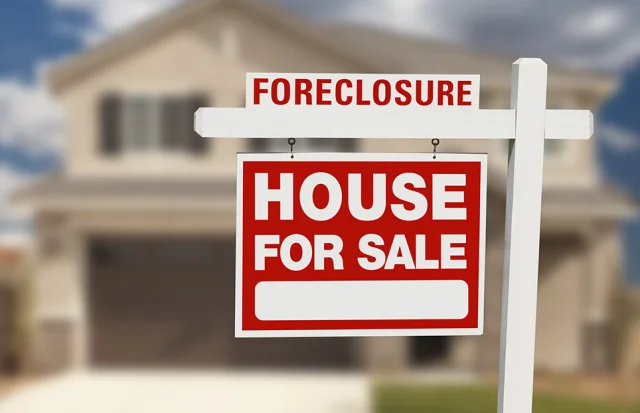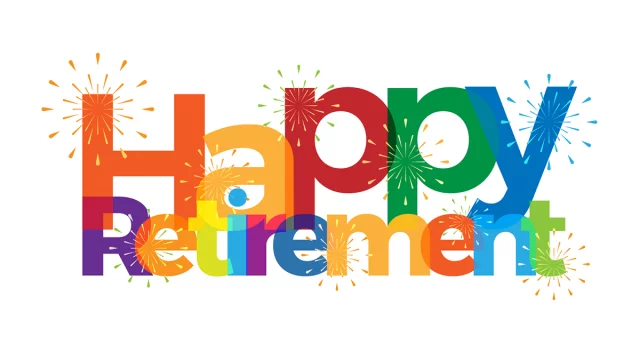
Policy Reduces Elderly Women’s Incomes
Poverty is the scourge of women in old age.
This problem was aggravated, according to a new study, when older workers started claiming their Social Security benefits sooner after the earnings test was lifted in 2000 for those who reach the program’s full retirement age.
The earnings test withholds benefits from older workers earning more than a specified amount – the withheld benefits are returned later, in the form of an increase in monthly Social Security checks. But the earnings test is, nevertheless, often viewed as a tax in the mistaken belief that these benefits are never restored.
Researchers at the U.S. Treasury Department and the University of California at Irvine found that people reacted in one of two ways to lifting the earnings test, both based on the misperception it’s a tax. One response was to work longer – as Congress intended – under the logic that benefits would no longer be unduly “taxed” after workers entered their late 60s. The second and more common response was to claim benefits earlier than one would have prior to the policy change, when workers perceived that delayed claiming was the way to avoid this “tax.”
The earnings test remains in place for beneficiaries younger than the full retirement age – 66 for most boomers. However, the researchers analyzed a broader age range of workers – 62 to 70; even those who haven’t yet reached their full retirement age might change their behavior in anticipation they will soon reach it, and the test will no longer apply to them.
Earlier claiming by men and women, which results in smaller monthly Social Security checks, has fallen especially hard on elderly widows. After a husband dies, the two benefit checks coming into the house are reduced to one. Although widows receive the larger of the couple’s two checks – typically the husband’s – it may not be sufficient to maintain her standard of living.
The researchers found that the share of women in their late 70s with incomes below 200 percent of the U.S. poverty line has increased from roughly 8 percent to more than 11 percent due to lifting the earnings test.
Policies often have untended consequences, but this is particularly worrisome. After Congress lifted the earnings test, the researchers concluded, “The incidence of low income among old women was increased.”
The research reported herein was performed pursuant to a grant from the U.S. Social Security Administration (SSA) funded as part of the Retirement Research Consortium. The opinions and conclusions expressed are solely those of the author(s) and do not represent the opinions or policy of SSA or any agency of the federal government. Neither the United States Government nor any agency thereof, nor any of their employees, makes any warranty, express or implied, or assumes any legal liability or responsibility for the accuracy, completeness, or usefulness of the contents of this report. Reference herein to any specific commercial product, process or service by trade name, trademark, manufacturer, or otherwise does not necessarily constitute or imply endorsement, recommendation or favoring by the United States Government or any agency thereof.
Comments are closed.







No surprise to those of us working in the aging network. Economic security for older women is a huge issue. Over 30% of older women in my state (WI) live on less than $12,000/yr. In one day, I’ve had three calls from women over the age of 70 who are looking for ‘financial assistance.’ All are single. One has been selling personal possessions off because she doesn’t want to apply for food stamps (we talked about that and I’m hoping she will now apply). We’re fortunate in WI to have an elder benefit specialist program where anyone age 60 or older can sit down with a professional-trained elder law attorney – and figure out what services or programs might help them better manage their situation. We call them ‘red tape cutters.’
I am confused. Your comment is that when a husband dies the women, who would be entitled to the larger of the two SS checks, maybe would not have enough income to keep her standard of living. If the reverse was true, the wife passes, the husband would be placed in the same position as his spouse would be if he died? The income loss would be exactly the same. Am I missing something???
If the Social Security money is all spent, while the worker is still earning a paycheck, that supposition is true.
But what about workers who take their benefit at full retirement age, keep working, and use that Social Security benefit to build a retirement account, such as an IRA, or contribute the maximum to their 401K, or pay off their mortgage? Restoring the earnings test will deprive retirees of a chance to build a retirement nest egg.
I suspect you’d be better off doing those things with wage income while allowing the Social Security benefit to grow.